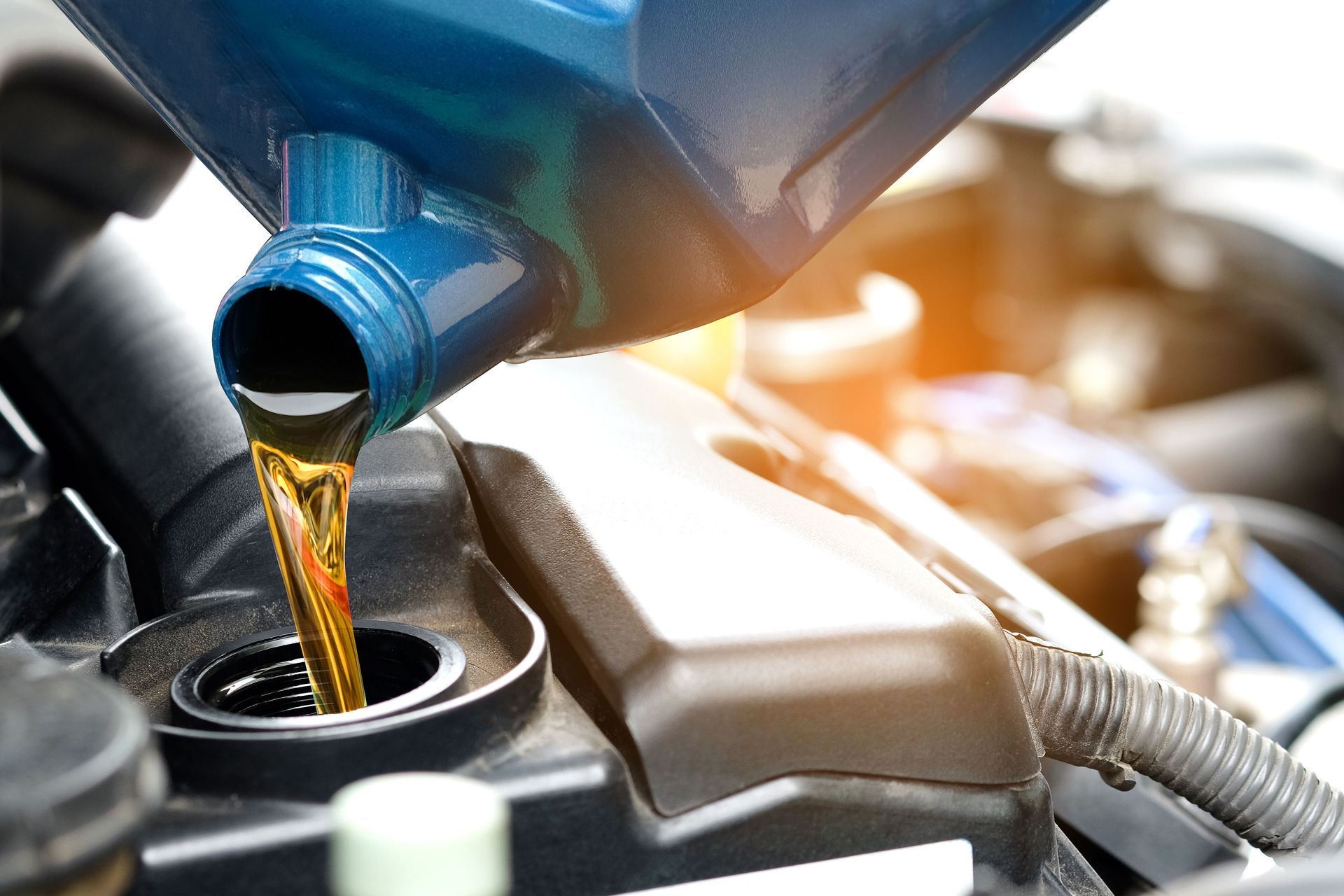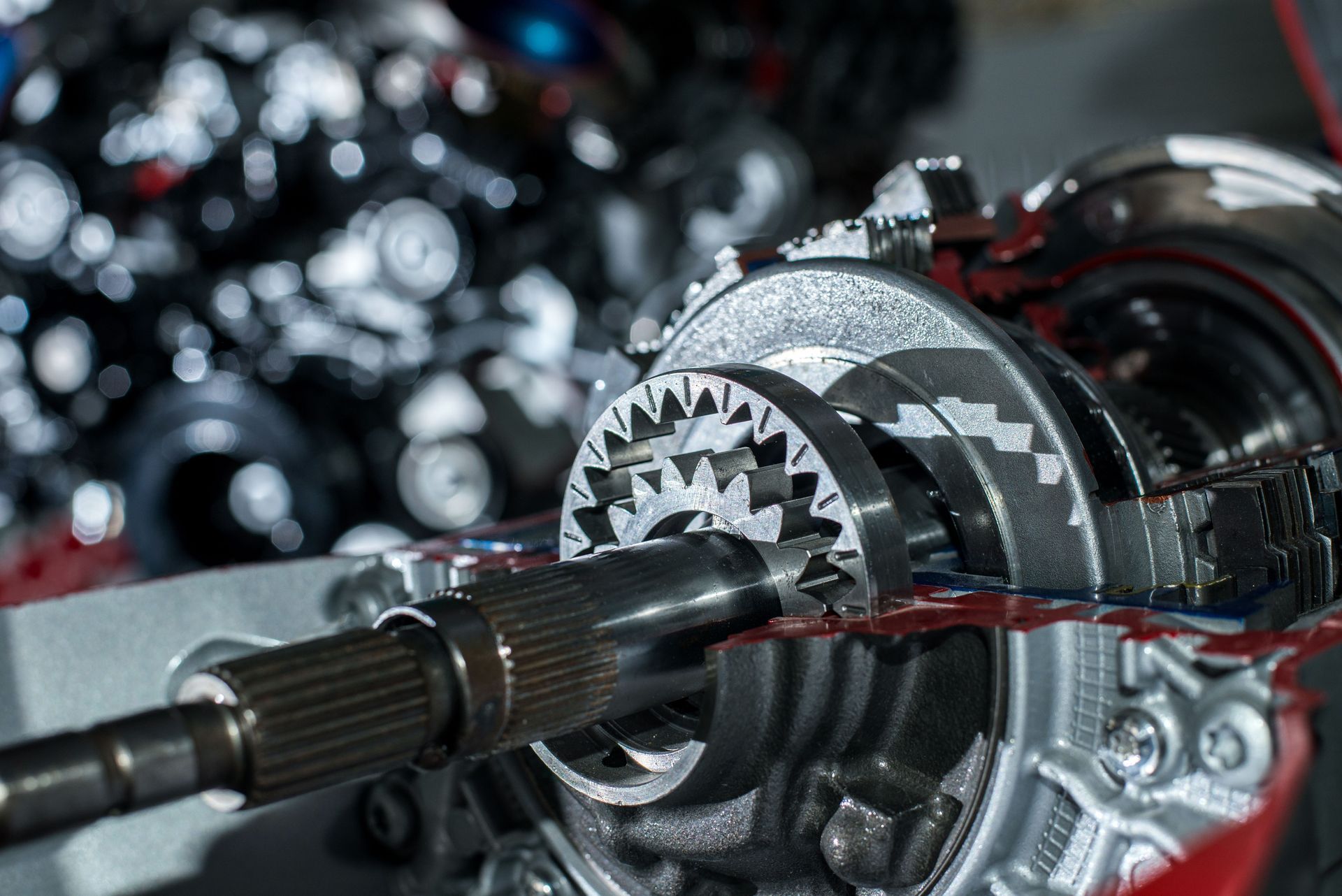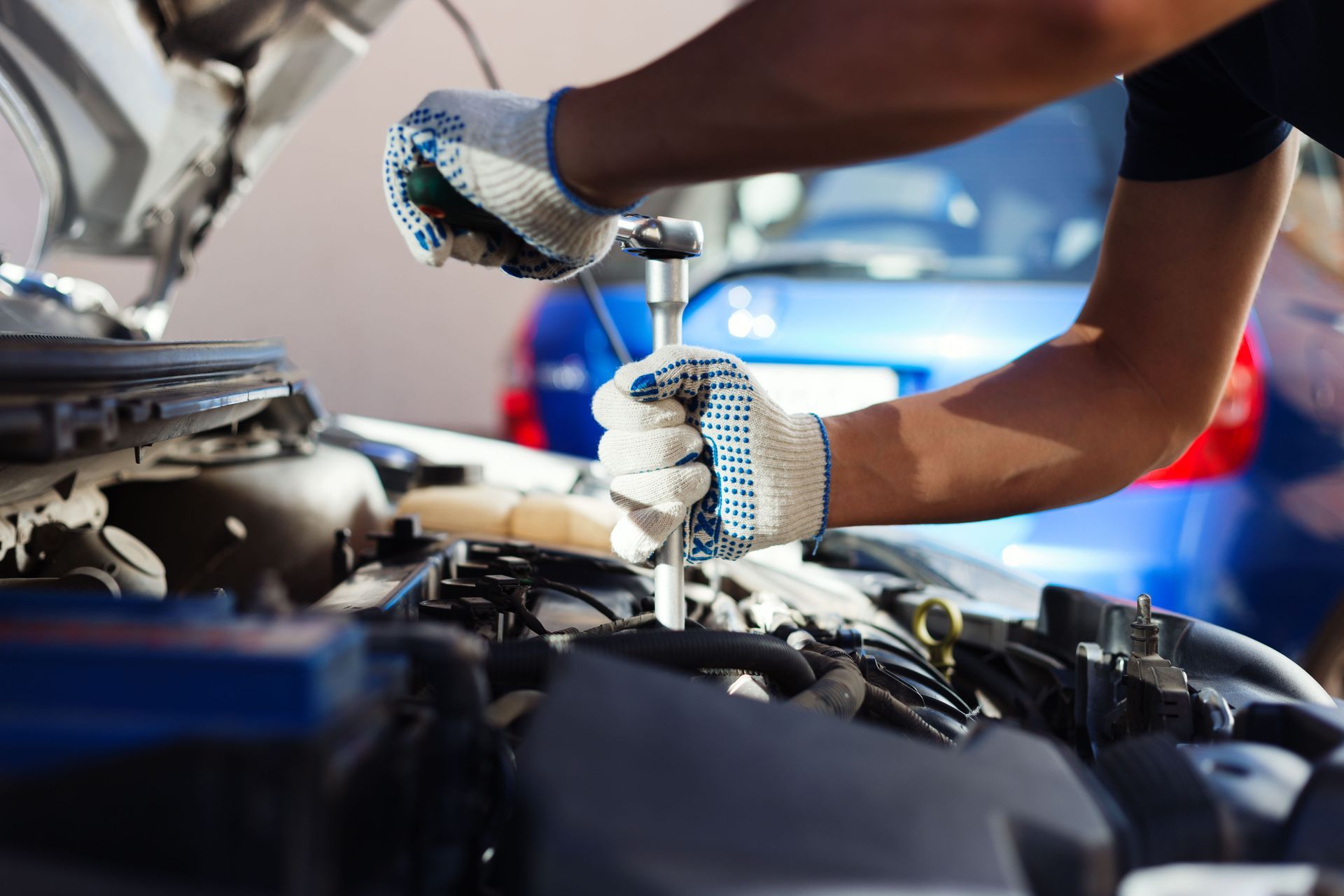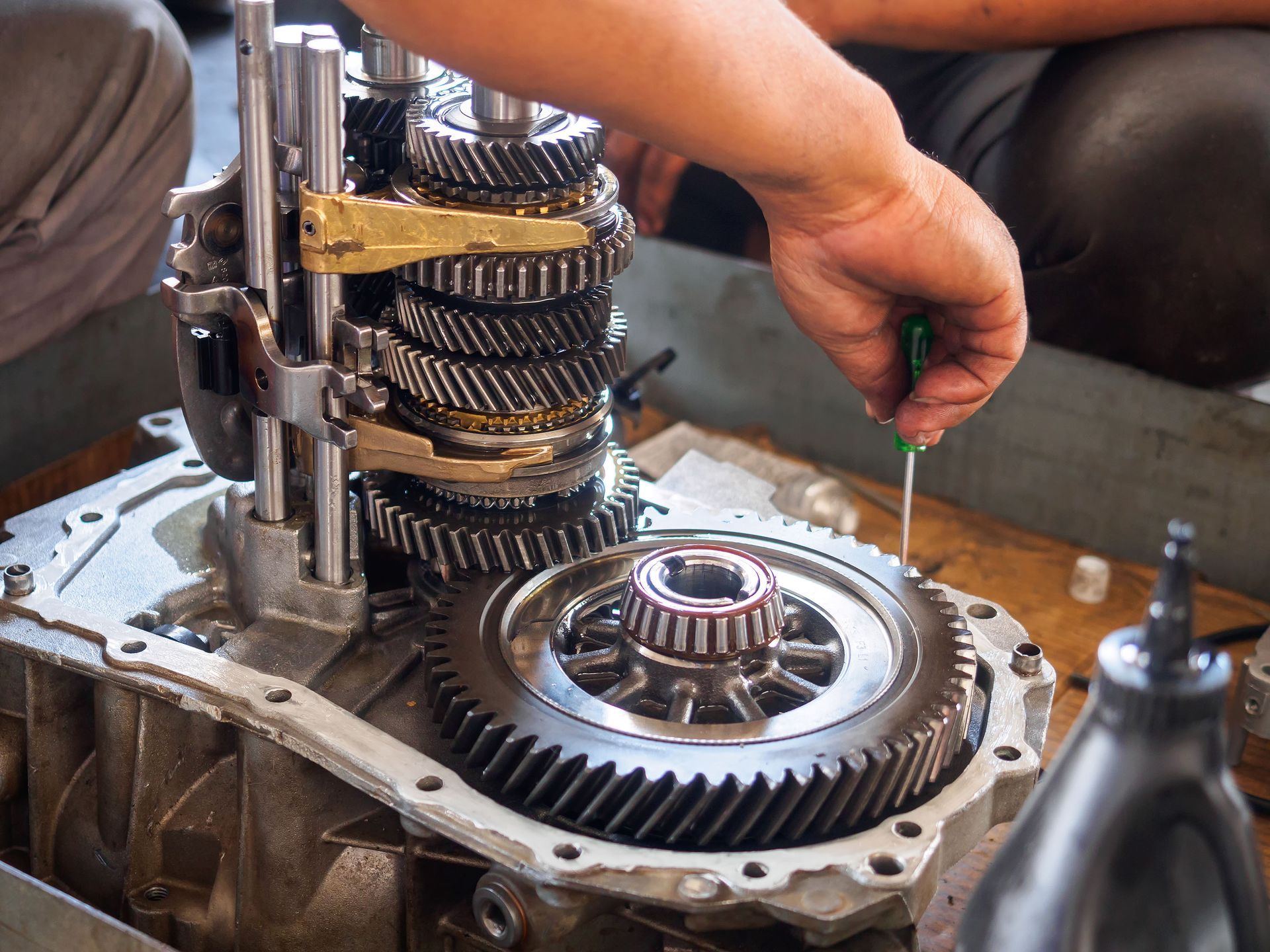The Dangers of Skipping an Oil Change: What Every Driver Should Know
Regular oil changes may not seem like a big deal, but they're one of the simplest and most important steps you can take to keep your car running smoothly. Skipping this routine maintenance can lead to serious problems down the road, from reduced performance to complete engine failure. Understanding why oil changes at your local auto repair shop matter will help you protect both your vehicle and your wallet.
The Importance of Engine Oil
Lubrication of Engine Parts
Engine oil serves as a vital lubricant for the moving parts of an engine. Metal components such as pistons, crankshafts, and camshafts must glide against each other smoothly to avoid wear. Without adequate lubrication, these parts can grind together, leading to increased friction and damage. Regular oil changes at your local auto repair shop ensure the oil remains effective in providing this necessary lubrication. Neglecting oil changes allows the oil to become contaminated and lose its lubricating properties over time.
Regulating Engine Temperature
In addition to lubrication, engine oil plays a crucial role in regulating engine temperature. As your engine runs, the oil absorbs heat generated from engine parts, preventing overheating. This heat-dissipating property is essential for maintaining optimal engine conditions. Regular oil changes help maintain the oil's efficacy in heat absorption and regulation. Over time, the oil can break down and become less effective, elevating the risk of engine overheating, which could cause severe damage.
Impact on Fuel Efficiency
Properly maintained engine oil contributes significantly to a vehicle's fuel efficiency. Well-lubricated and smoothly operating engine components require less energy, subsequently conserving fuel. Alternatively, contaminated and thickened oil increases friction and hampers engine operations, increasing fuel consumption. According to Forbes, traditional vehicles should have their oil replaced at an auto repair shop every 4,660 to 6,210 miles to ensure clean and efficient oil usage. Regular oil changes can positively impact not only vehicle performance but also your fuel expenses over time.
The Consequences of Skipping an Oil Change
Increased Engine Wear and Tear
Neglecting regular oil changes can lead to increased wear and tear on engine components. As oil becomes old and contaminated, its ability to lubricate effectively diminishes. The increased metal-to-metal contact results in accelerated component wear, shortening the lifespan of the engine. This wear and tear can culminate in costly repairs and replacements. Prioritizing timely oil changes at your auto repair shop helps to minimize these risks and maintain the health of your vehicle.
Reduced Engine Performance
The quality of the oil used directly affects engine performance. Old and contaminated oil can lead to insufficient lubrication and improper sealing, directly affecting power output. You might notice a lag in acceleration or reduced responsiveness in your vehicle. Regular oil changes help maintain optimal engine performance by supporting efficient operation. To keep your car running at its best, never underestimate the importance of timely oil replacement.
Elevated Potential for Complete Engine Failure
One of the severe consequences of neglecting oil changes is the potential for complete engine failure. When old oil is no longer capable of lubricating and cooling the engine, extensive damage can accrue. Critical components may seize or break, rendering the engine irreparable without significant investment. The cost of repairing or replacing a failed engine can be exorbitant, often exceeding the value of preventative maintenance. Scheduling regular oil changes at your auto repair shop is a simple yet effective way to deter this disastrous outcome.
The Signs That Your Car Needs an Oil Change
Warning Lights on the Dashboard
Modern vehicles come equipped with dashboard warning lights designed to alert drivers of potential maintenance needs. The oil change light is one such indicator, signaling low oil pressure or the need for fresh oil. Ignoring these alerts can lead to significant engine issues over time. These warning lights are essential in guiding proper maintenance routines. If an oil light appears on your dashboard, schedule an oil change at your auto repair shop to ensure vehicle health and longevity.
Unusual Engine Noise
One of the early clues regarding the state of your vehicle's oil is engine noise. Increased or unusual noises during operation could indicate low oil levels or deteriorated oil quality. Oil plays a crucial role in minimizing mechanical friction, and its absence can lead to more pronounced noises. Listening for these sounds can aid in preventive maintenance, preventing damaging wear and tear. If you notice unusual noises, an immediate oil check is advisable.
Exhaust Smoke
Noticeable exhaust smoke can be a clear signal that the engine oil requires changing. While some emission vapor is normal, excessive smoke or odd colors can indicate burning oil due to leaks or engine burning lubricants. Addressing these symptoms through oil replacement can help mitigate emissions issues and prevent larger engine problems. Do not ignore significant exhaust changes, as they can be followed by more critical mechanical failures. Regular maintenance can ensure clean-burning and efficient engine operations.
The Environmental Impact of Negligence
Waste Oil Disposal Issues
Improper waste oil disposal poses significant environmental concerns, contributing to land and water pollution. When oil is not disposed of correctly, harmful chemicals can seep into ecosystems, impacting plant and animal life. Oil change facilities should follow environmentally safe disposal practices that will mitigate this impact. Educated consumers can support eco-friendly practices by choosing a reputable auto repair shop that adheres to proper disposal methods. Collective action in responsibly disposing of motor oils helps protect the environment from adverse effects.
Increased Emissions
Neglecting timely oil changes can result in increased vehicular emissions. Dirty and inefficient oil contributes to incomplete combustion, increasing pollutants released into the atmosphere. These elevated emissions negatively affect air quality and contribute to broader environmental issues like climate change. By adhering to regular maintenance schedules, you can ensure your vehicle operates under optimal conditions, minimizing its environmental footprint. Proactive maintenance helps align personal actions with global sustainability goals.
Effects on Air Quality
Vehicle emissions play a significant role in urban air quality, impacting human health and the environment. Vehicles with expired or dirty oil often emit higher levels of harmful gases, deteriorating air quality. Regular oil changes reduce the likelihood of these emissions, supporting cleaner and healthier living environments. Communities benefit from reduced pollution levels through collective adherence to vehicle maintenance. Contributing to improved air quality requires commitment to timely car servicing.
The Most Recommended Maintenance Tips
Setting a Regular Schedule
One of the key elements of vehicle maintenance is setting a regular oil change schedule. Marking your calendar or setting electronic reminders ensures timely attention to oil needs. Scheduled maintenance helps establish consistent care routines, reducing oversight risks and mechanical errors. Align these schedules with manufacturer recommendations and personal driving habits for optimal results. Setting and adhering to a regular schedule supports a healthy, long-lasting engine.
Choosing the Right Oil for Your Car
Selecting the appropriate oil type is crucial for effective vehicle maintenance. Consider factors such as your vehicle's make, model, and specific manufacturer recommendations. Using the correct oil ensures optimal lubrication and performance, preventing unnecessary wear and emissions. Consult your owner's manual or a professional mechanic at your local auto repair shop if uncertain about the correct oil choice. Informed oil selections enhance engine efficiency and longevity.
At the end of the day, staying on top of oil changes is about more than just following a recommendation; it's about protecting your investment, keeping your car safe to drive, and even reducing your environmental impact. If you're looking for an auto repair shop for your next oil change, consider TransMatics Transmissions. Contact our team today to schedule your appointment.





Share On: